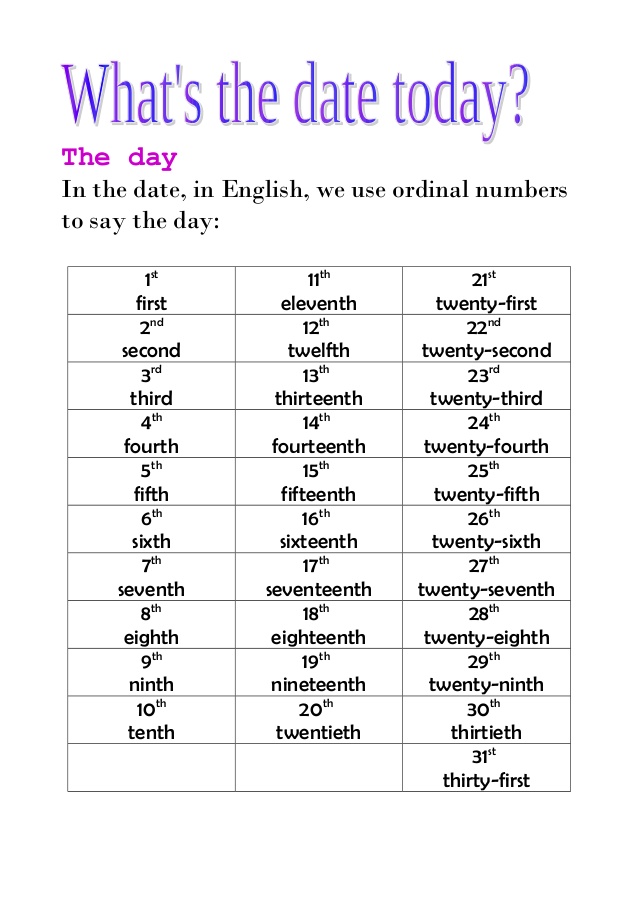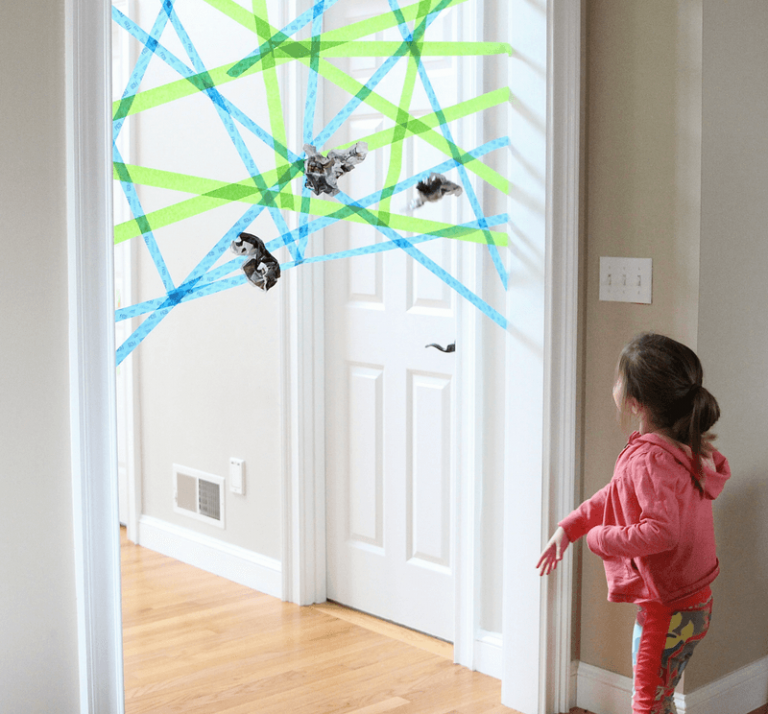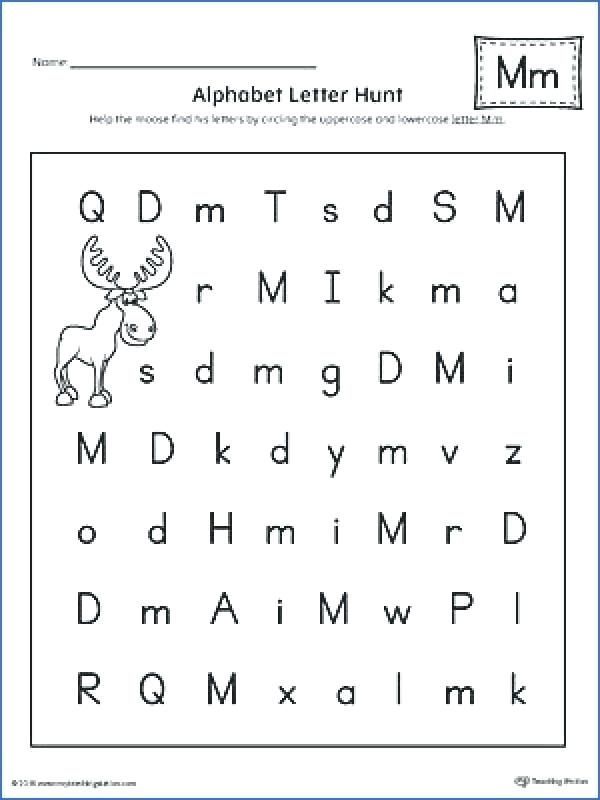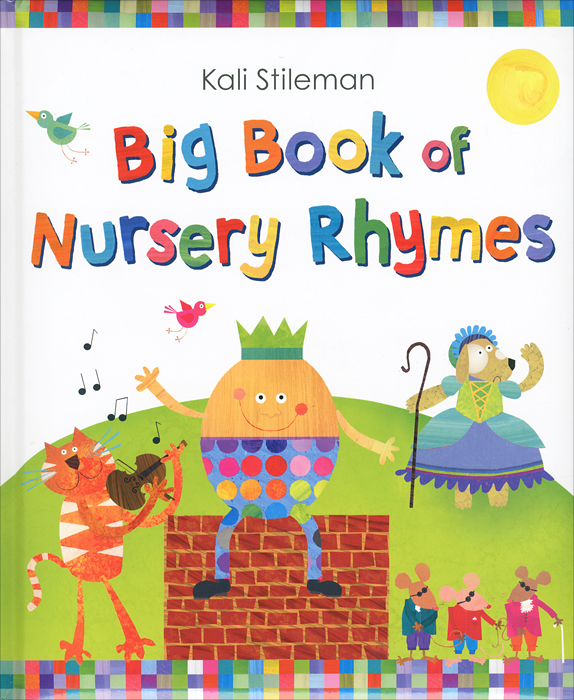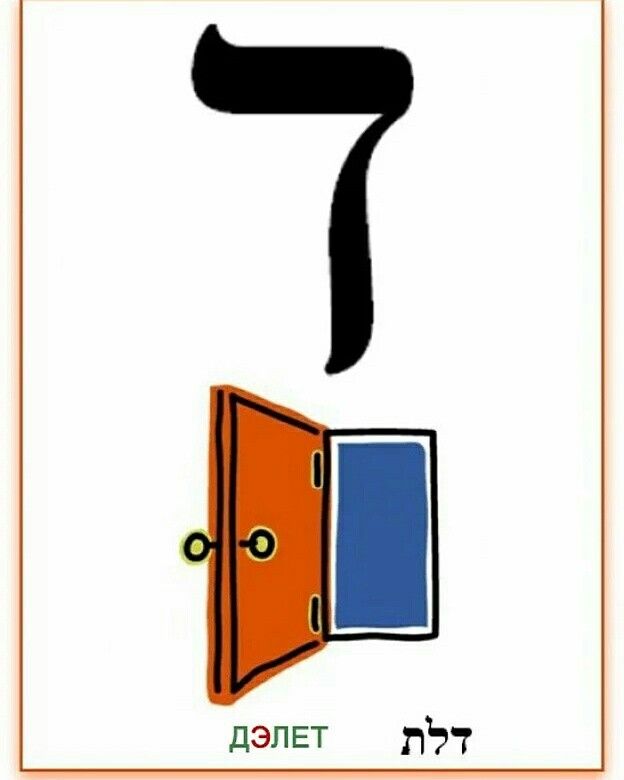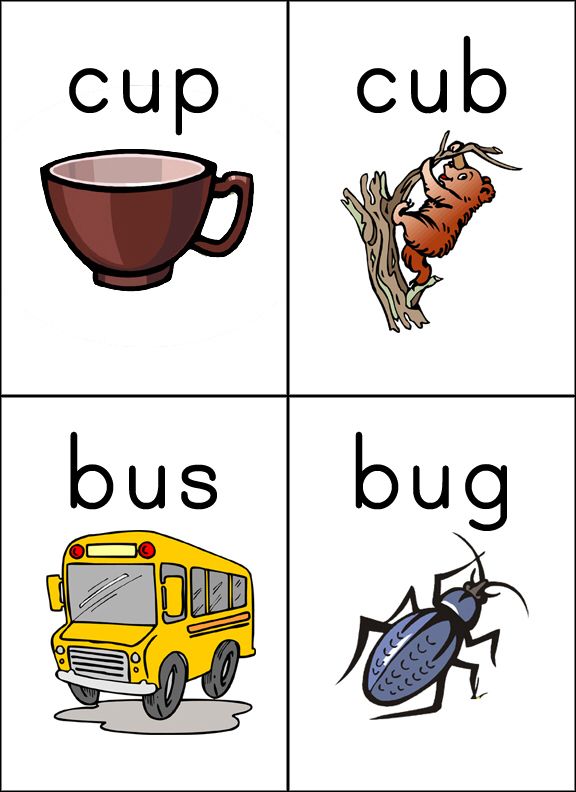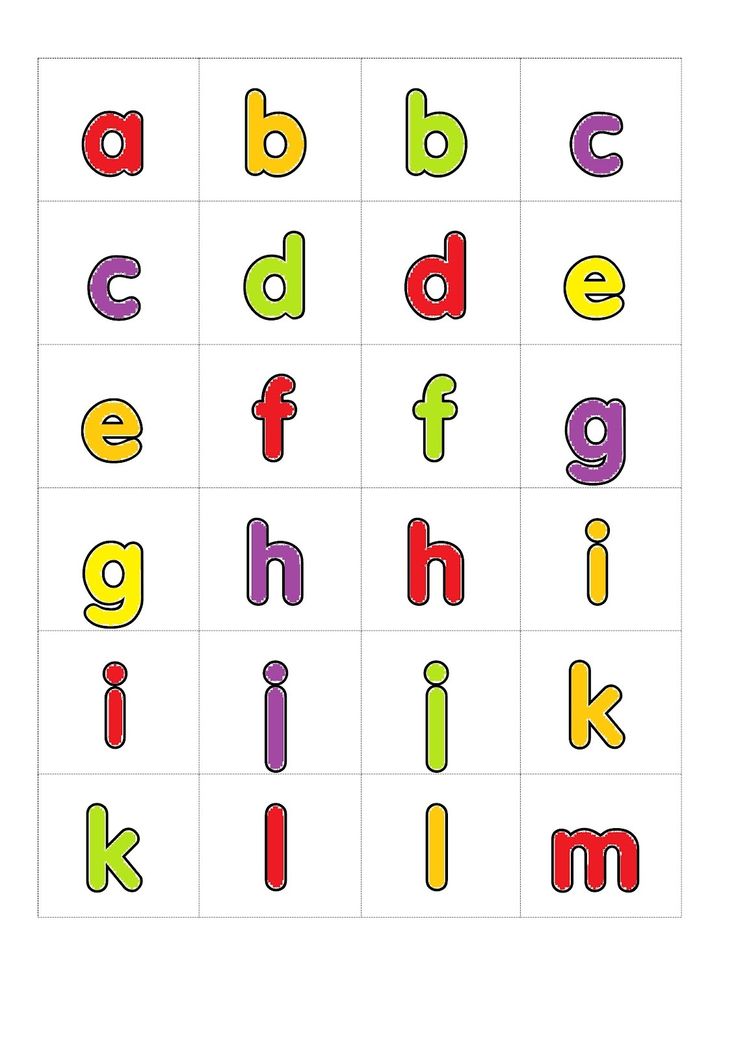Simple sentence with but
English Sentences with Audio Using the Word "But"
English Sentences with Audio Using the Word "But"- Beauty is but skin-deep.
- He tried hard, but failed.
- It was nothing but a joke.
- Excuse me, but I feel sick.
- Wood floats, but iron sinks.
- I am a student, but he isn't.
- He's rich, but he's not happy.
- I bought a pen, but I lost it.
- I am not sure but she may come.
- I can afford one, but not both.
- I'm not a doctor, but a teacher.
- She did nothing but cry all day.
- He had no choice but to run away.
- I can drive a car, but Tom can't.
- I ought to go there, but I won't.
- Jim isn't a lawyer, but a doctor.
- He was tired, but he kept working.
- I was tired, but I couldn't sleep.
- We have no choice but to carry on.
- I phoned Mary, but the line was busy.
- We ordered pink, but we received blue.
- Excuse me, but may I use your telephone?
- He promised to come, but he didn't come.
- I can read German, but I can't speak it.
- I had no choice but to accept the offer.
- I know the reason, but I can't tell you.
- I called her office, but no one answered.
- I can read English, but I can't speak it.
- She told him a joke, but he didn't laugh.
- Tom's a beginner, but he catches on fast.
- I couldn't help but fall in love with you.
- She promised to marry him, but she didn't.
- I'd be unhappy, but I wouldn't kill myself.
- He said he would write to me, but he hasn't.
- I don't know when, but it'll happen someday.
- I live near her house, but I seldom see her.
- He's intelligent, but I still don't like him.
- I'm sorry, but I don't have any small change.
- She asked him to stay, but he didn't want to.
- She tried to comfort him, but he kept crying.
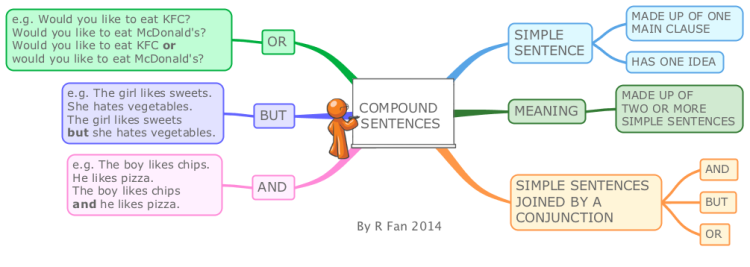
- Tom's already here, but Bill hasn't come yet.
- He looks old, but he is still in his twenties.
- He tried to make his wife happy, but couldn't.
- I don't know whether I can do it, but I'll try.
- I have no choice but to eat what they serve me.
- I'm sorry, but I don't understand English well.
- She asked him to stay, but he had to go to work.
- She wants to buy a car, but she can't afford to.
- The food wasn't good, but at least it was cheap.
- I'm sorry, but I don't feel like going out today.
- It's all right to drink, but drink in moderation.
- She bought him a sweater, but he hated the color.
- She looked around, but she couldn't see anything.
- He didn't say so, but he implied that I was lying.
- I can't walk fast, but I can walk for a long time.
- I looked all around, but I could see nobody there.
- I wanted some salt, but there was none in the jar.
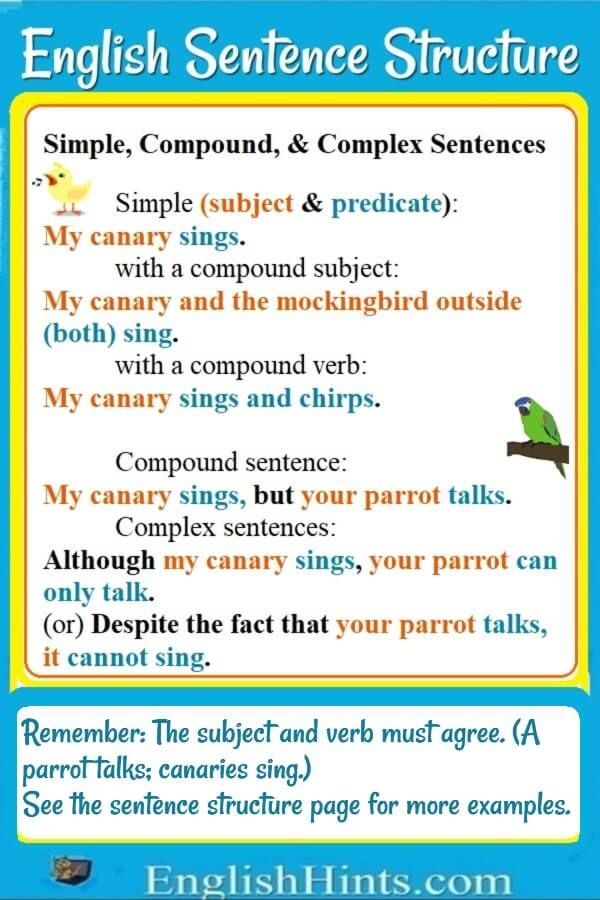
- She accepts criticism from anyone but her parents.
- She asked him to call her later, but he forgot to.
- I didn't mean to eavesdrop, but I did overhear you.
- I tried to get Charles to help me, but he wouldn't.
- She tried to lift the box, but found it impossible.
- She wrote him a long letter, but he didn't read it.
- I didn't used to like wine, but now I like it a lot.
- I'm not sure yet, but I think I'll become a teacher.
- She wrote him a long letter, but she didn't mail it.
- A selfish man thinks of nothing but his own feelings.
- I bought her a toy cat, but she wasn't happy with it.
- She asked him to come into her house, but he refused.
- I beg your pardon, but would you repeat what you said?
- I knew I shouldn't have done it, but I did it anyways.
- She asked him why he was crying, but he didn't answer.
- She told him a joke, but he didn't think it was funny.
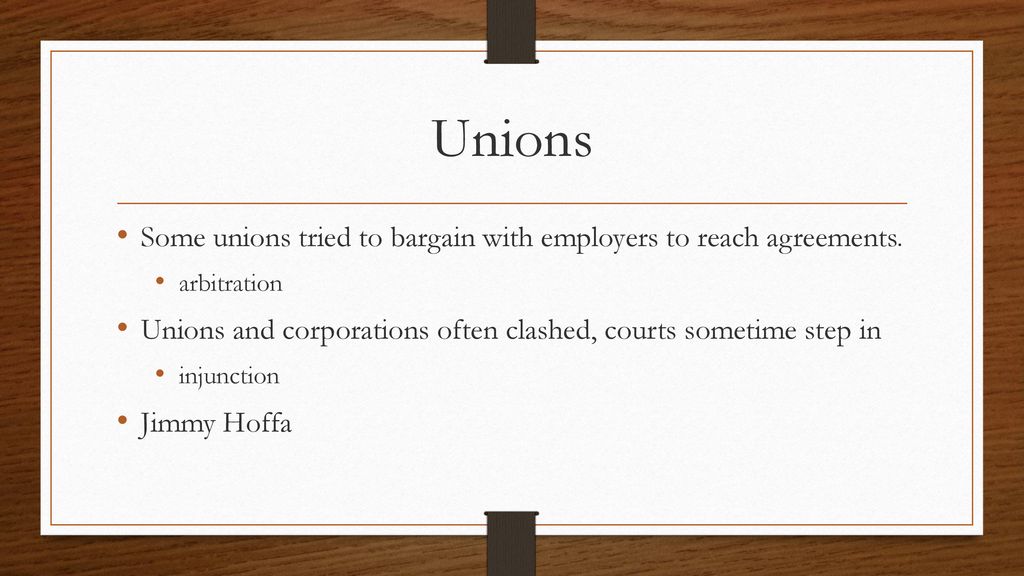
- She visits him quite often, but never stays very long.
- It's been a week, but I'm still suffering from jet lag.
- She asked him some questions, but he refused to answer.
- She asked me what had become of him, but I didn't know.
- She looks young, but actually she's older than you are.
- At first, I didn't like it, but it gradually became fun.
- For him it may be possible, but I'd never pass the test.
- I had intended to finish this yesterday, but I couldn't.
- My mother has a driver's license, but she doesn't drive.
- There was nothing to do but wait until the next morning.
- He used to eat out every day, but now he can't afford it.
- I complained, but they refused to take this sweater back.
- I don't know about the others, but as for me, I'm for it.
- These flowers aren't only beautiful, but they smell nice.
- I know that I'm supposed to enjoy this class, but I don't.
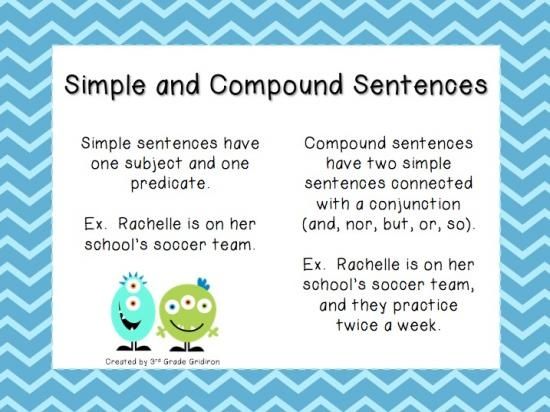
- I'm sorry, but I have a previous appointment for tomorrow.
- I've visited many countries, but I like Japan best of all.
- Mary has nobody to talk with, but she doesn't feel lonely.
- She cooks for him every day, but he doesn't appreciate it.
- I'm sorry to disturb you, but there's a phone call for you.
- Tom called Mary to apologize to her, but she hung up on him.
- He apologized for his rudeness, but she wouldn't forgive him.
- She promised to meet him last night, but she never showed up.
- It took more than a month to get over my cold, but I'm OK now.
- My mother has a driver's license, but she doesn't drive a car.
- She asked him where he lived, but he was too smart to tell her.
- She advised him to take a rest, but he didn't follow her advice.
- I really can't remember people's names, but I don't forget faces.
- I spoke to him in English, but I couldn't make myself understood.
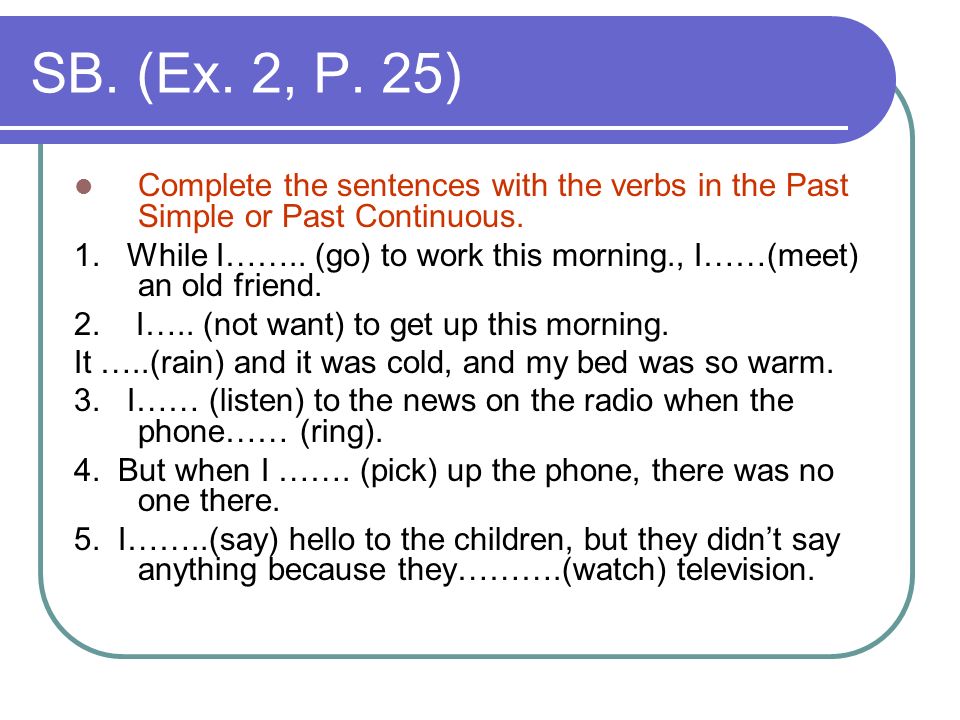
- I usually take a shower after I play tennis, but today I couldn't.
- She advised him to give up smoking, but he wouldn't listen to her.
- She advised him to go to the police station, but he was afraid to.
- They agree that they have no choice but to give up the whole plan.
- Excuse me, but would you please tell me the way to the post office?
- I told the children to be quiet, but they just kept on being noisy.
- I know how to solve the problem, but I've been asked not to tell you.
- She advised him not to drive too fast, but he wouldn't listen to her.
- She claims that she knows nothing about him, but I don't believe her.
- She intended to go shopping with her mother, but her mother was busy.
- I tried hard to make them stay home, but they refused to listen to me.
- She advised him not to buy a used car, but he didn't follow her advice.
- She advised him to go to the hospital, but he didn't follow her advice.
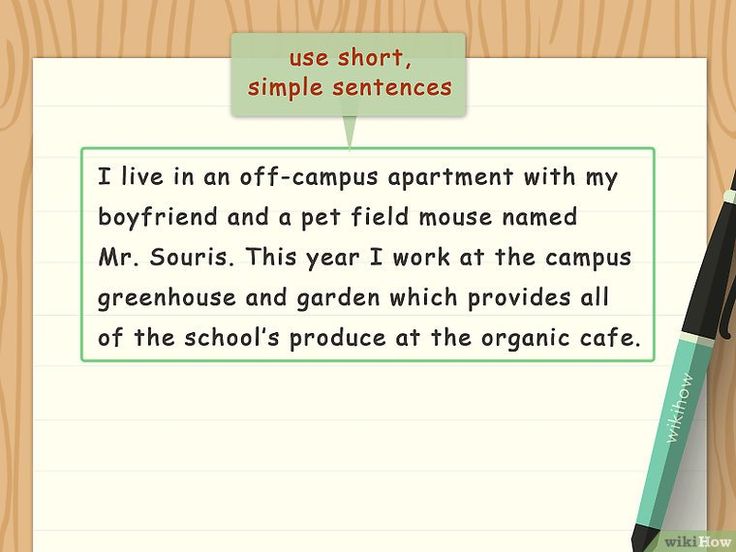
- She advised him to stop taking that medicine, but he felt he needed to.
- She may have argued with him, but I don't think she could have hit him.
- Tom didn't use to like red wine, but now he drinks it almost every day.
- She advised him not to use too much salt, but he wouldn't listen to her.
- She advised him to cut down on smoking, but he didn't think that he could.
- She advised him to go there alone, but he didn't think that was good advice
- She owes him a lot of money, but she probably won't be able to pay it back.
- It's OK with me if we barbecue, but I don't like it when smoke gets in my eyes.
- I have many friends who speak fluently, but still don't sound like native speakers.
- I know you've been waiting a long time, but could you wait just a little bit longer?
- I thought we had eaten everything in the house, but I found another box of crackers.
- He turned the bottle upside down and shook it, but still the honey wouldn't come out.
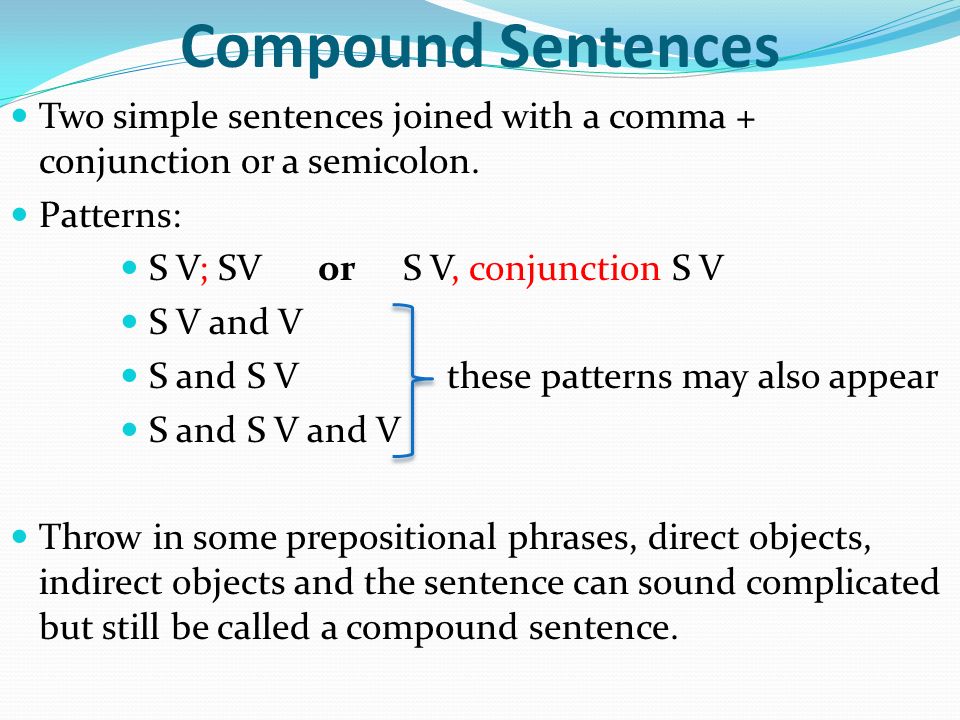
- She advised him to see the dentist, but he said that he didn't have enough time to do so.
- That man asked me who I was, but I didn't think it was necessary to answer that question.
- They say that in America anyone can become president, but perhaps that's not really true.
- She asked him to help her father clean the garage, but he said that he was too busy to help.
- She bought him a car, but he didn't have a driver's license so he couldn't drive it anywhere.
- I realize that this may sound crazy, but I think I've fallen in love with your younger sister.
- I thought a bunch of people would go water skiing with us, but absolutely no one else showed up.
- I thought doing this would be easy, but we've been working all day and we're still not finished.
- I looked in my closet for something to wear, but couldn't find anything appropriate for the occasion.
- I realize I may not be the most desirable man in the world, but I still hope you'll consider going out with me.

- I know that it is highly unlikely that you'd ever want to go out with me, but I still need to ask at least once.
- I came here to see if there was something I could do to help, but there doesn't seem to be anything for me to do.
- He tried hard, but failed.
Can a Sentence Start with "But"?
It’s a question I often heard when I was teaching: Can a sentence start with but?
The answer is simple: Yes.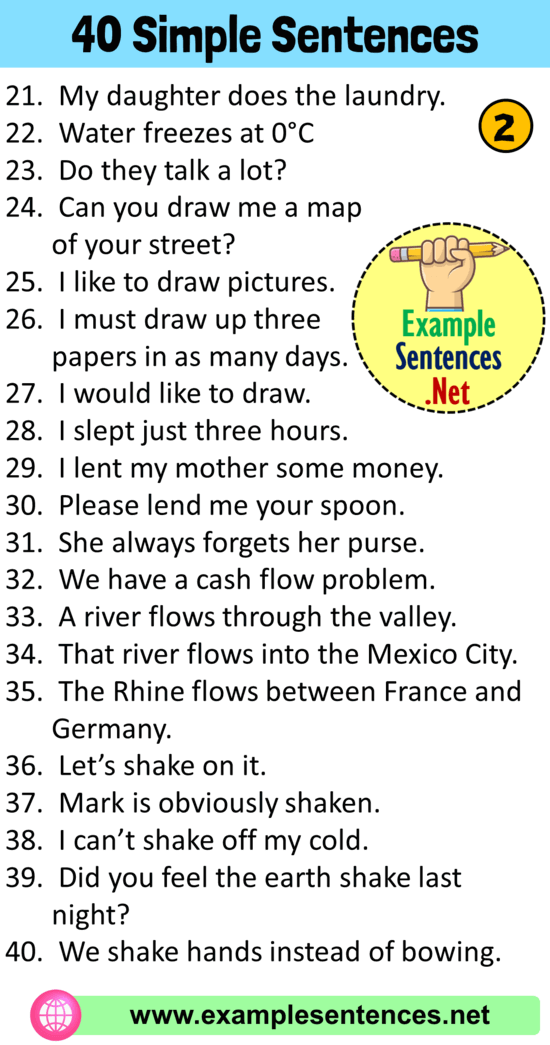 Of course.
Of course.
For years I offered $100 in cash to any student who could find the Don’t start a sentence with but rule in a grammar book from a reputable publisher. My librarian friends would invariably report a run on grammar books for the next couple of days.
Despite frantic efforts to claim the money, no student ever succeeded, for a simple reason: That “rule” doesn’t exist. Even Fowler’s Modern English Usage, the ultimate authority on grammar, says there’s no such rule. (See for yourself: Click on the link to read page 191, where you’ll find a discussion about starting sentences with but.)
Good writers start sentences with but all the time. To prove my point, a few minutes ago I found this sentence at the New York Times website in the second paragraph of a news story: “But Republicans still oppose many aspects of the bill, and a rough floor fight lies ahead.”
“Ah, yes,” you’re saying. “But that just proves how writing has deteriorated.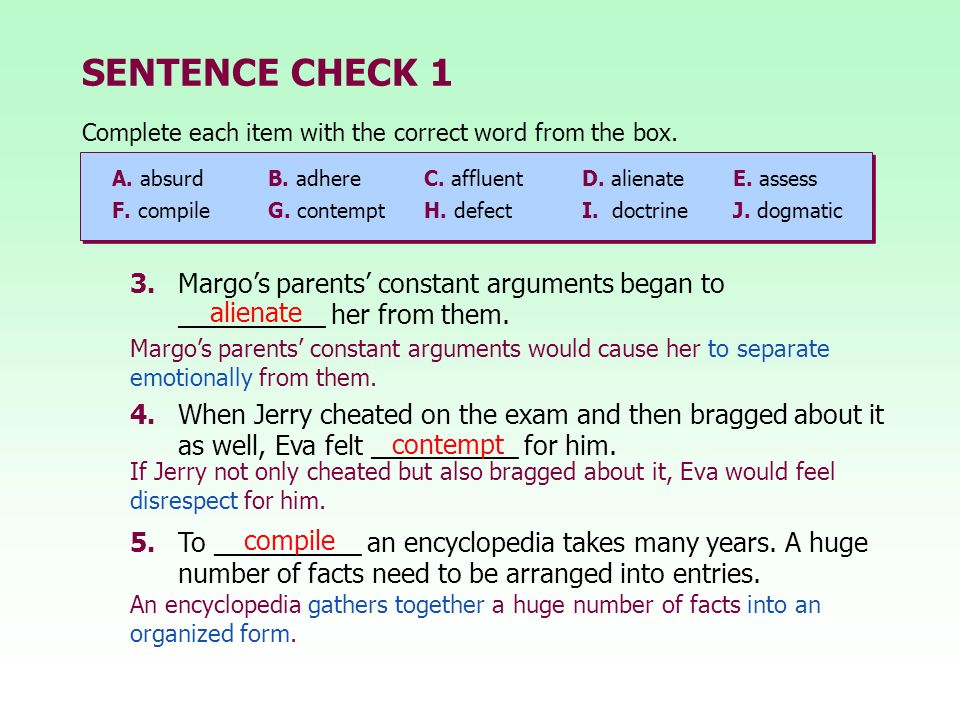 ”
”
I hear you. You’re sure you won’t find sentences starting with but in the Gettysburg Address, or FDR’s Inaugural Address, or Shakespeare, or the Declaration of Independence, or classic books like Pride and Prejudice and Little Women, or examples of fine prose like the King James Bible. Everybody knows that, right?
Wrong. Read on: I’ve assembled sentences starting with but from a variety of writers, old and new. For good measure, I included sentences from several authorities on good writing: Lynn Truss, Strunk and White, Theodore Bernstein, H. D. Fowler, and H. L. Mencken. (You might be interested to know that Princeton University did a study and found that professional writers start 10% of their sentences with “but” and “and.”)
But don’t take my word for it. Go to your bookcase and leaf through a couple of your favorite books. Pull out today’s newspaper and scan the front page. Turn the pages of your favorite magazine. Go to www. Bartleby.com, which has full texts of many classic books, and check out what famous writers from the past have done.
Bartleby.com, which has full texts of many classic books, and check out what famous writers from the past have done.
Here’s what you’ll discover: Not only do professional writers start sentences with but – they do it often. You won’t have to search far for examples. Happy hunting! (To learn more about punctuating sentences with but, click here and read about Comma Rule 2.)
Examples of Sentences Starting with But:
Eats, Shoots and Leaves, Lynn Truss, p. 7:
“But best of all, I think, is the simple advice given by the style book of a national newspaper: that punctuation is ‘a courtesy designed to help readers to understand a story without stumbling.'”
Harry Potter and the Sorcerer’s Stone, J. K. Rowling, p. 3:
“But on the edge of town, drills were driven out of his mind by something else.”
The Associated Press Stylebook (2007), p. 326:
“But use the comma if its omission would slow comprehension…”
Watch Your Language, Theodore Bernstein, p.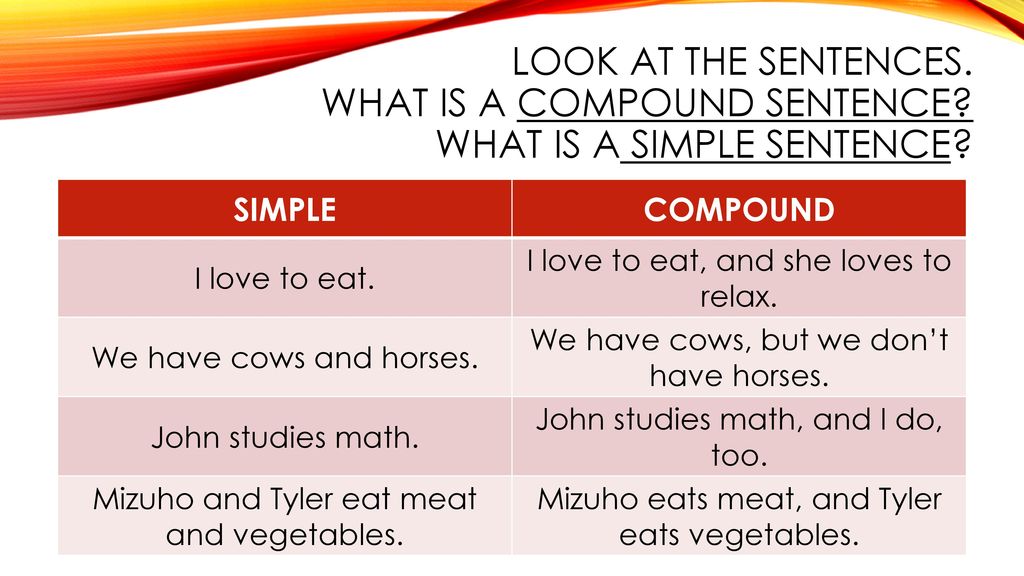 4:
4:
“But when he is writing for the newspaper he must fit himself into the newspaper’s framework.”
Preface to Watch Your Language, Jacques Barzun:
“But I am not inviting the reader to witness a tender of compliments over what may seem like a mere byproduct of professional skill.”
The American Language: An Inquiry into the Development of English in the United States, H.L.Mencken (1921):
“But its chief excuse is its human interest, for it prods deeply into national idiosyncrasies and ways of mind, and that sort of prodding is always entertaining.”
The Elements of Style, Strunk and White (1918 edition):
“But whether the interruption be slight or considerable, he must never omit one comma and leave the other.”
The King’s English, H.D. Fowler (1908 edition):
“But if, instead of his Saxon percentage’s being the natural and undesigned consequence of his brevity (and the rest), those other qualities have been attained by his consciously restricting himself to Saxon, his pains will have been worse than wasted; the taint of preciosity will be over all he has written.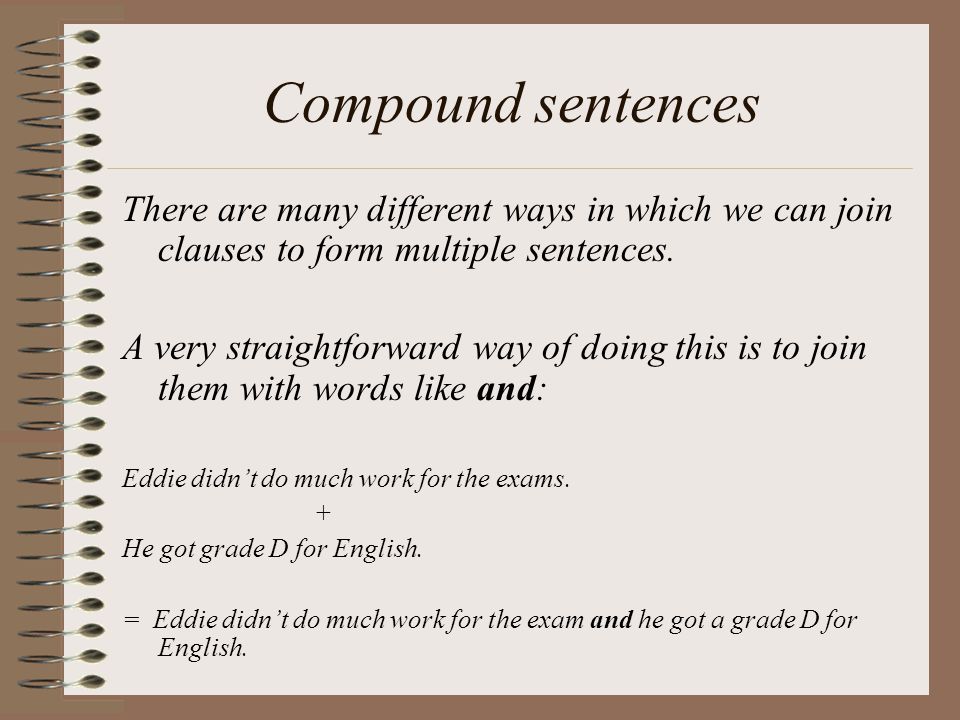 ”
”
Little Women, Louisa May Alcott, page 1:
“We can’t do much, but we can make our little sacrifices, and ought to do it gladly. But I’m afraid I don’t.” And Meg shook her head, as she thought regretfully of all the pretty things she wanted.
Epistle Dedicatory to Man and Superman, Bernard Shaw, 1903, p. 2:
“But you must not expect me to adopt your inexplicable, fantastic, petulant, fastidious ways….”
Pride and Prejudice, Jane Austen, p. 1:
“My dear Mr. Bennet,” said his lady to him one day, “have you heard that Netherfield Park is let at last?”
Mr. Bennet replied that he had not.
“But it is,” returned she; “for Mrs. Long has just been here, and she told me all about it.”
FDR, First Inaugural Address, March 4, 1933:
“But it may be that an unprecedented demand and need for undelayed action may call for temporary departure from that normal balance of public procedure.”
The Gettysburg Address, Abraham Lincoln (1863):
“But in a larger sense, we cannot dedicate, we cannot consecrate, we cannot hallow this ground.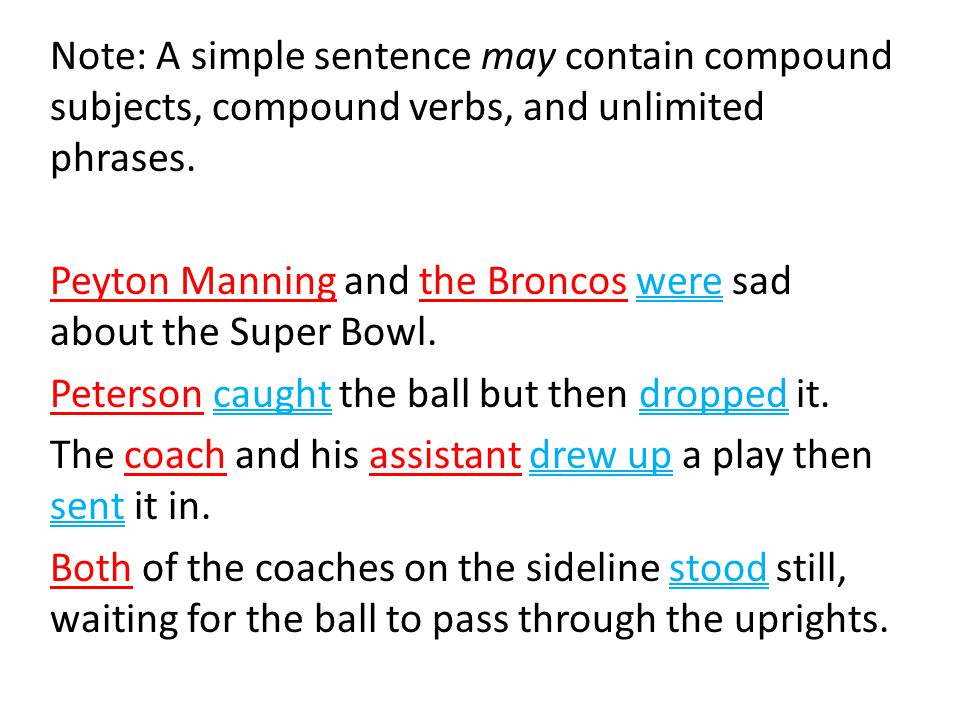 ”
”
Hamlet, William Shakespeare, Ii:
Horatio: So have I heard and do in part believe it.
But look, the morn, in russet mantle clad,
Walks o’er the dew of yon high eastward hill.
King James Bible, Luke 6:44 – 45 (Sermon on the Mount)
“But I say unto you, Love your enemies, bless them that curse you, do good to them that hate you, and pray for them which despitefully use you, and persecute you; that ye may be the children of your Father which is in heaven: for he maketh his sun to rise on the evil and on the good, and sendeth rain on the just and on the unjust.”
Cashel Byron’s Profession, Bernard Shaw:
CASHEL. I go. The meanest lad on thy estate Would not betray me thus. But ’tis no matter.
P.S. I have sentences starting with but in all my books (I’ve published eleven of them). Did you notice that I started a sentence with but in this blog? Here it is: But don’t take my word for it.
It’s good advice, incidentally.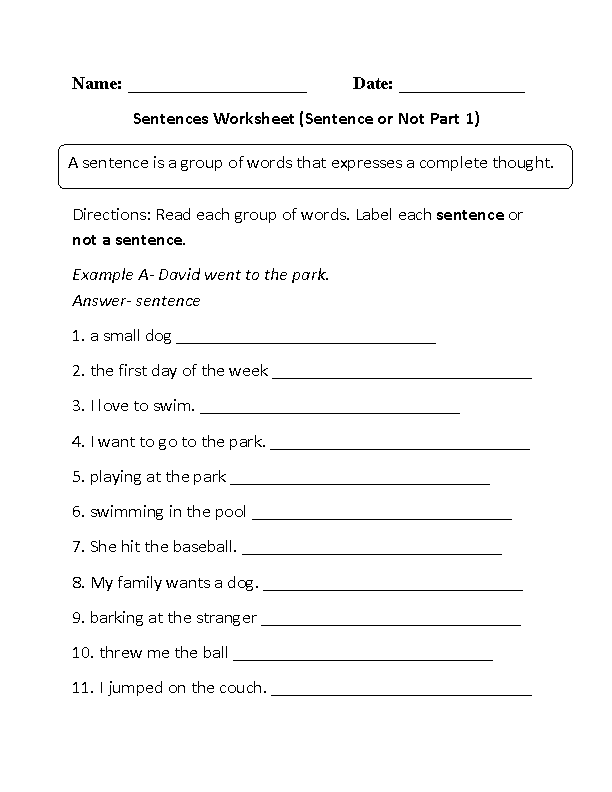 Start doing your own investigation of these hallowed (but non-existent) rules.
Start doing your own investigation of these hallowed (but non-existent) rules.
My husband once had an editor who thought because was a bad word. Whenever he used because in an article, she’d call him and insist that he take it out. It never occurred to her to check the dictionary or see whether real-world writers use the word because (which, of course, they all do regularly). Made her look foolish, didn’t it?
Compound sentence in Russian - types, types, examples
What is a complex sentence
| A complex sentence is a sentence that consists of two or more grammatical bases. |
An example of a complex sentence:
According to the connection between the parts, complex sentences are divided into two types - allied (compound and complex) and non-union.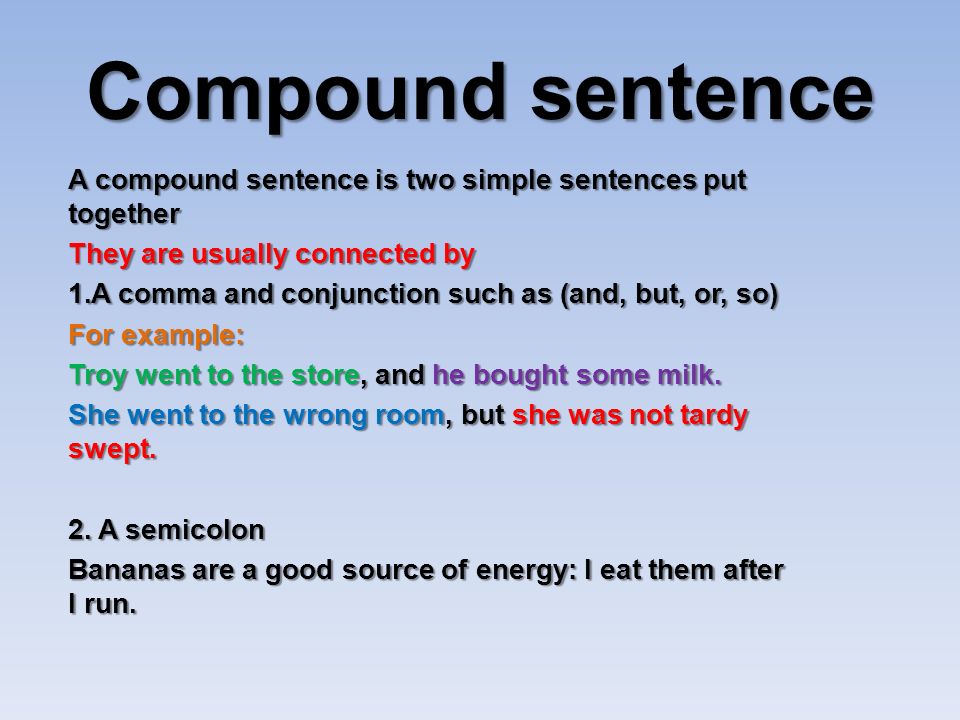 In the first case, the parts are connected by unions and allied words, in the second - by meaning.
In the first case, the parts are connected by unions and allied words, in the second - by meaning.
In total, there are 3 types of complex sentences. Let's look at them in a table.
Demo lesson in Russian
Take the test at the introductory lesson and find out what topics separate you from the "five" in Russian.
Compound sentence
| A compound sentence (CSP) is a complex sentence that has two or more independent simple sentences in its composition. This means that they can be broken with a dot, while the meaning is not lost. |
Parts of such complex sentences are connected by conjunctions and allied words: connecting (and, yes, also, etc.) , adversative (but, but, etc.) , divisive (or , then ... then, not that ... not that, etc. ) or combinations thereof.
) or combinations thereof.
Examples:
-
I wanted a pie, and the apples are already ripe.
-
I wanted a pie, but the apples weren't ripe yet.
-
Either mother will bake pies, or grandmother will come with buns.
Sometimes parts of compound sentences are connected without a coordinating union and a union word - in meaning. Such proposals are called non-union.
Example:
Punctuation marks in compound sentences
In sentences with conjunctions and, yes, however, either, etc. it is customary to put a comma. Except when:
Exception
If the parts of a complex sentence have a common minor member or subordinate clause, but they are connected by a repeating conjunction, a comma must be used.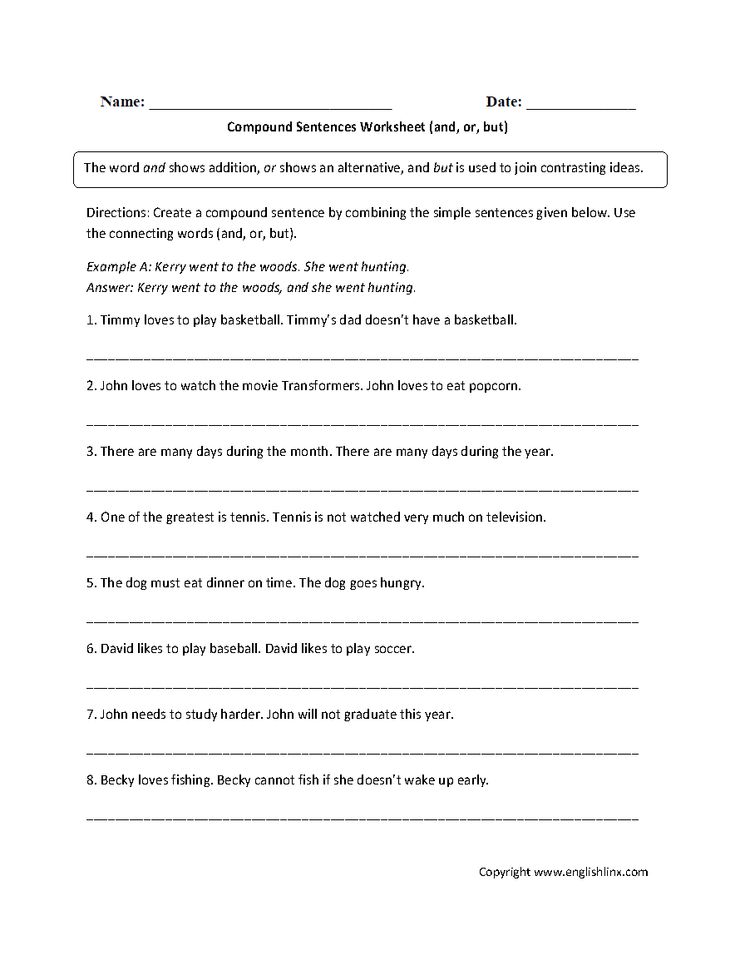
Example:
In non-union compound sentences, parts are divided not only by commas, but also by dashes, colons and semicolons. We discussed this topic in detail in the article on compound sentences.
Complex sentence
| Complex sentence (CSP) is a type of complex sentence, in which one simple sentence is subordinate to another in meaning and intonation. In this case, the dependent clause is called the subordinate clause, and the independent clause is called the main clause. |
An example of a complex sentence:
Types of connection in a complex sentence
Usually parts of NGN in Russian are connected with each other by subordinating conjunctions, for example: punctuation, but a subordinating conjunction can still be inserted between them.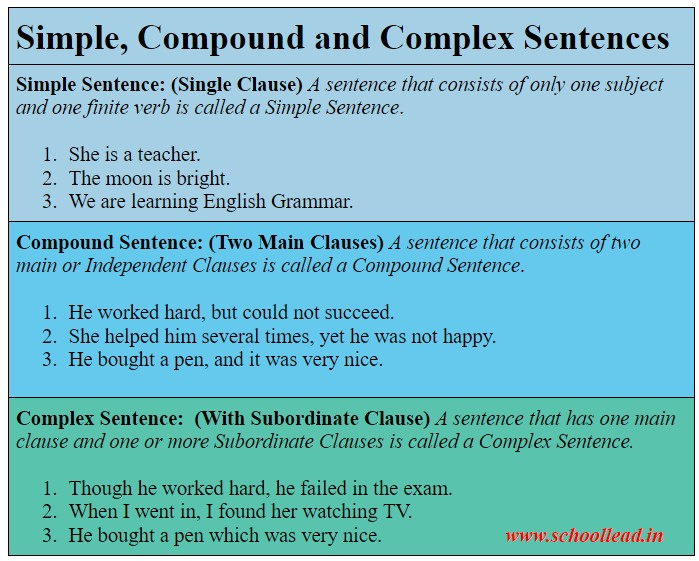 Such proposals are called non-union.
Such proposals are called non-union.
Example:
Values of subordinate clauses in NGN
Compound clauses are divided into groups, and then into subgroups according to the meaning and type of connection with the main one.
You can read more about the differences between clauses in a complex sentence with examples in this article.
Types of subordination in a complex sentence
Sometimes in a complex sentence there are not one, but two or more subordinate clauses. This type of complex sentences is called polynomial. They have different types of submission.
We have already discussed this topic in more detail in the article on complex sentences.
Punctuation marks in complex sentences
It is customary to put a comma between the main and subordinate parts of a complex sentence.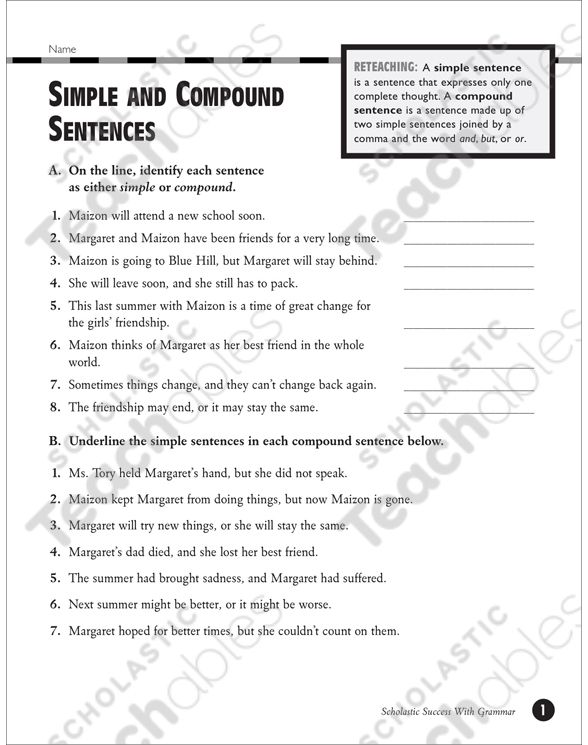 If one part is in the middle of the other, it must be separated with a comma on both sides:
If one part is in the middle of the other, it must be separated with a comma on both sides:
-
When we returned to the city, all the sorrows were left behind.
-
Now that we have returned to the city, all the sorrows are left behind.
If sentences with the words only, only, still and, above all, precisely, obviously, are probably connected by a compound union, it is divided. Then a comma should be placed before the word that you need to put a comma:
If we highlight indicative or conditional clauses with intonation and put them before the main clause, a dash is placed between them:
If it is clear from the main clause that the clause will explain it, you need to put a colon. The same rule applies to non-union complex sentences:
Free English lessons with a native speaker
Practice 15 minutes a day.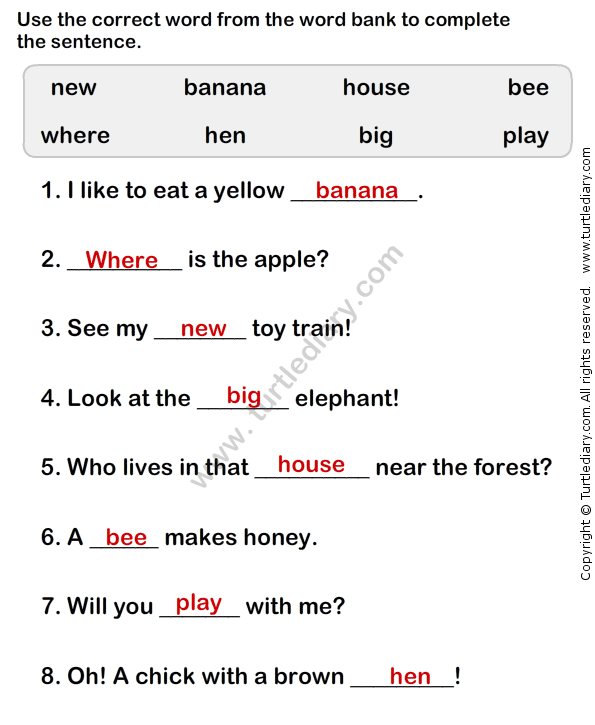 Learn English grammar and vocabulary. Make language a part of life.
Learn English grammar and vocabulary. Make language a part of life.
Check yourself
Determine which type of compound sentence these examples refer to: complex or compound?
-
Mother had already cooked for the morning and went to bed when I returned from the theater.
-
I knew it couldn't go on too long.
-
Snowflakes lay lightly on the palm of your hand, and the world around froze in snow-white splendor.
-
I went to the edge of the forest an hour later, but the travelers were gone.
-
I quickly found the place where the cuckoos were nesting.
Russian language exam preparation courses at the Skysmart online school - without stress and on real exam tasks.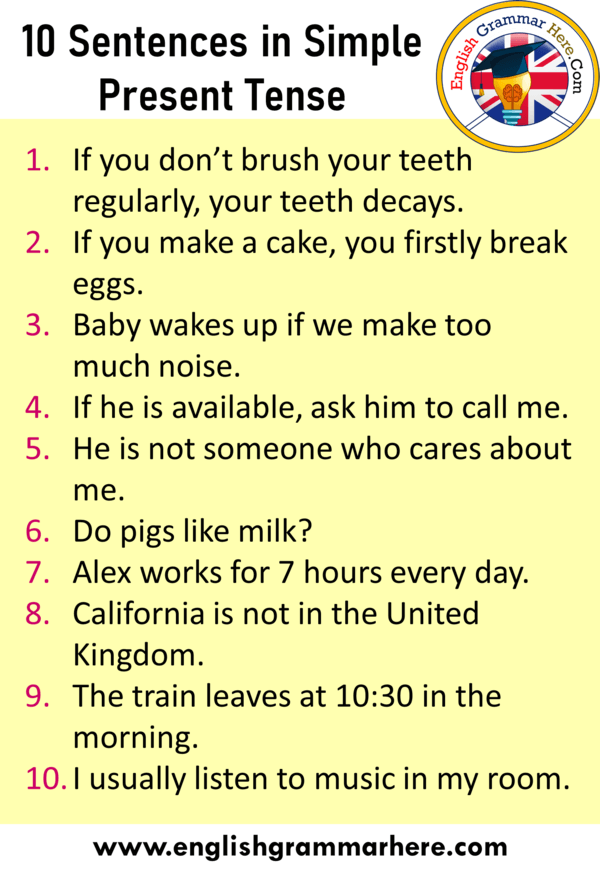 Try it for free with an introductory lesson!
Try it for free with an introductory lesson!
Simple and compound sentences. Unions
Words, during the formation of which two roots were formed, are called complex.
For example, rhinoceros (two roots nose- and horn-, letter o is a connecting vowel), vacuum cleaner (roots dust- and sos-, letter e is a connecting vowel).
Proposals are also difficult. In them, as in words, several parts are connected.
Read the sentences and think about how they differ from each other?
1) The bell rang.
2) The guys went into the classroom.
3) The first lesson has begun.
4) The bell rang, the guys went into the classroom, the first lesson began.
Let's find the grammar.
A sentence in which one grammatical basis, - is a simple sentence.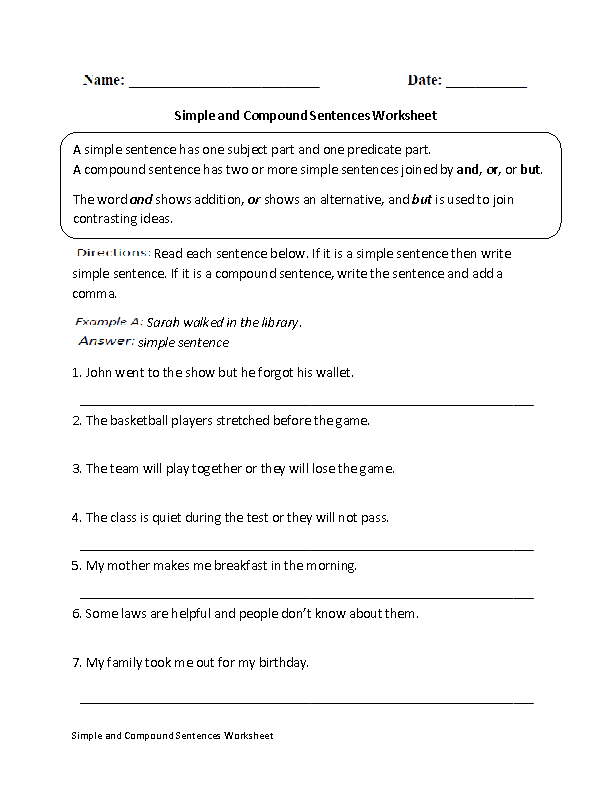
1, 2 and 3 sentences are simple , since each of them has on one basis.
4 sentence complex , consists of three simple sentences. Each part of a complex sentence has its main members, its own basis.
A sentence in which there are two or more grammatical bases is a compound sentence. Compound sentences consist of several simple sentences. How many simple sentences, so many parts in a complex sentence.
The parts of a complex sentence are not just simple ones joined together.
Having united, these parts continue, complement each other, turn different thoughts into one, more complete one. In oral speech, on the border of parts of a complex sentence, there is no intonation of the end of each thought.
Remember: in writing, commas are most often placed between parts of a complex sentence.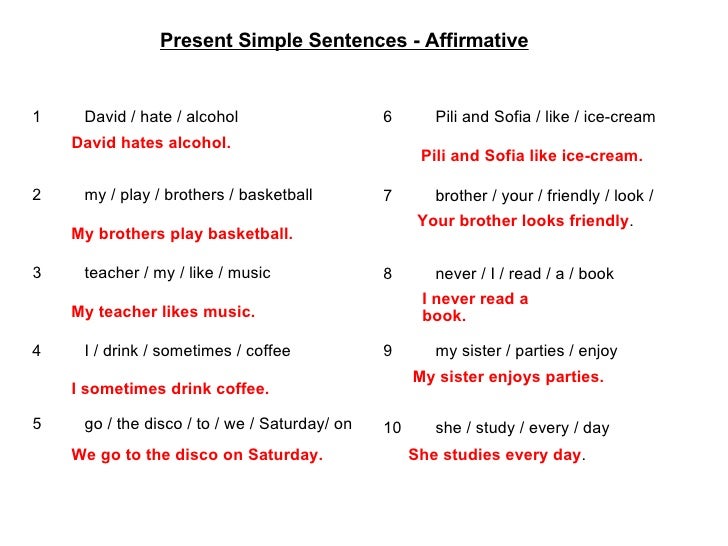
Determining whether a complex sentence or a simple one
Determine if the sentence is complex or simple. First, let's find the main members (bases) of the sentences and count how many bases are in each.
1) Bird voices are already heard at the edge of the forest.
2) The tits sing, the woodpecker taps loudly with its beak.
3) Soon the sun will warm the earth better, roads will turn black, thawed fields will be exposed, streams will murmur, rooks will come. (According to G. Skrebitsky)
1) Bird voices are already heard at the edge of the forest.
What? what are the voices doing? are heard - one grammatical basis. This is a simple suggestion.
2) Tit sings , woodpecker loudly taps with its beak .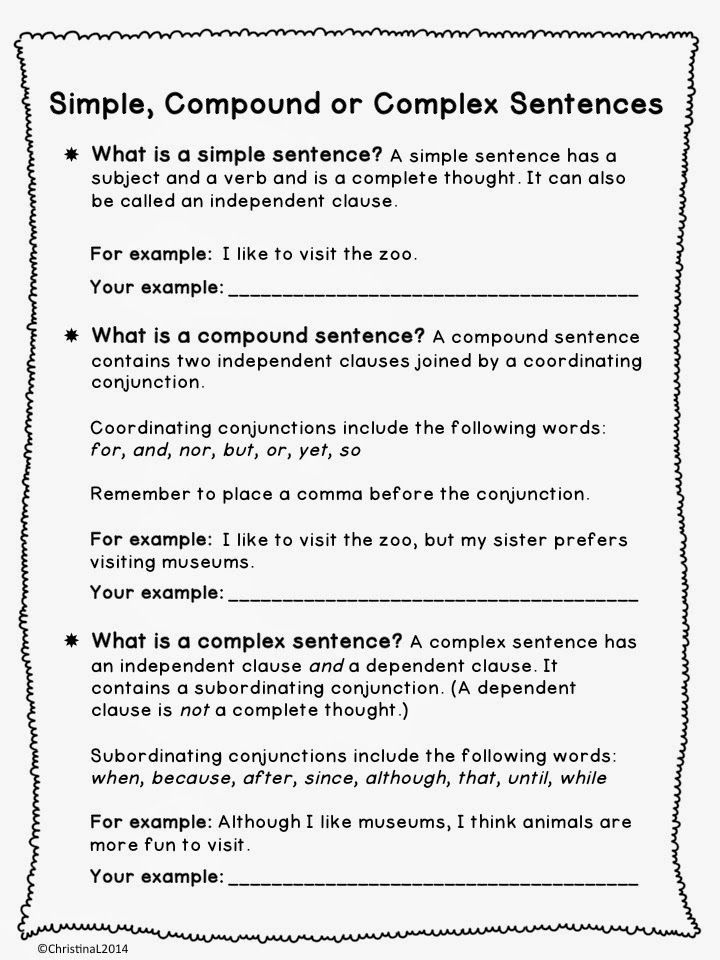
Who? tits, what are they doing? chant - the first basis.
Who? dude what is he doing? taps out - the second basis.
This is a complex sentence, consisting of two parts.
3) Soon sun better warm the earth, blacken roads , bare thawed patches in the fields, brooks gurgle , welcome rooks .
What? the sun, what will it do? warm - the first basis.
The roads will turn black - the second basis.
thawed patches will be exposed - the third basis.
Streams murmur - the fourth basis.
Rooks welcome - the fifth basis.
This is a compound sentence with five parts.
We observe how parts of a complex sentence are connected
Read complex sentences.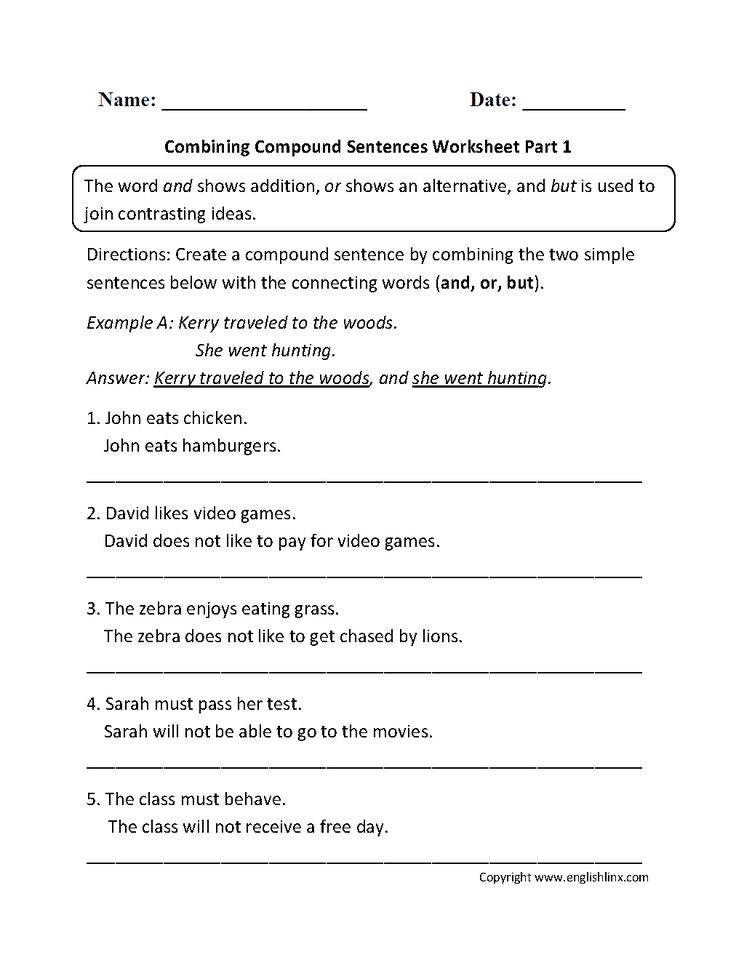 Observe how the parts of a complex sentence are connected?
Observe how the parts of a complex sentence are connected?
1) Winter approaching , cold sky often frowns.
Parts 1 of a complex sentence are connected using intonation. There is a comma between parts of the sentence.
2) During the day the sun warmed , and at night frosts reached five degrees.
3) The wind has died down and the weather has improved .
4) The sun was just rising , but its rays were already illuminating the tops of the trees.
Parts 2, 3, 4 of sentences are connected using intonation and conjunctions a, and, but . The union is preceded by a comma.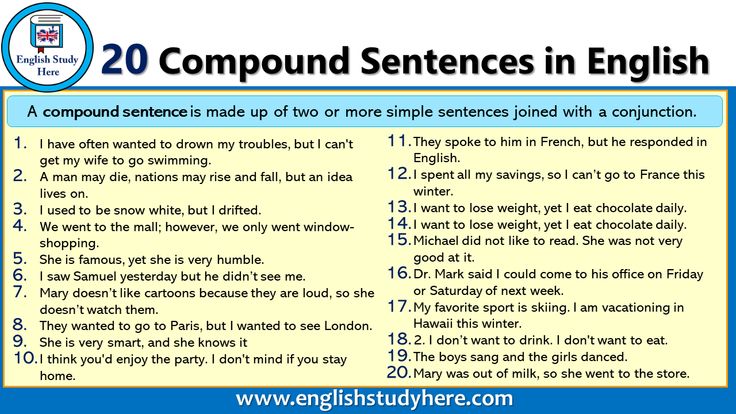
Each of the unions does its job. The union connects words, and the unions a, but also help to oppose something.
When writing, parts of a complex sentence are separated by a comma. If parts of a complex sentence are joined by unions (and, but, but), a comma is placed before the union.
Compare sentence schemes and memorize the rules for setting a comma
The sentences of our language are very diverse. Sometimes with one subject there can be several predicates, or with one predicate there can be several subjects. Such members of the sentence are called homogeneous. Homogeneous members answer the same question and refer to the same member of the sentence. In the scheme, we will circle each homogeneous member.
In simple sentences with homogeneous members and in complex sentences between their parts, the same conjunctions are used: and, a, but.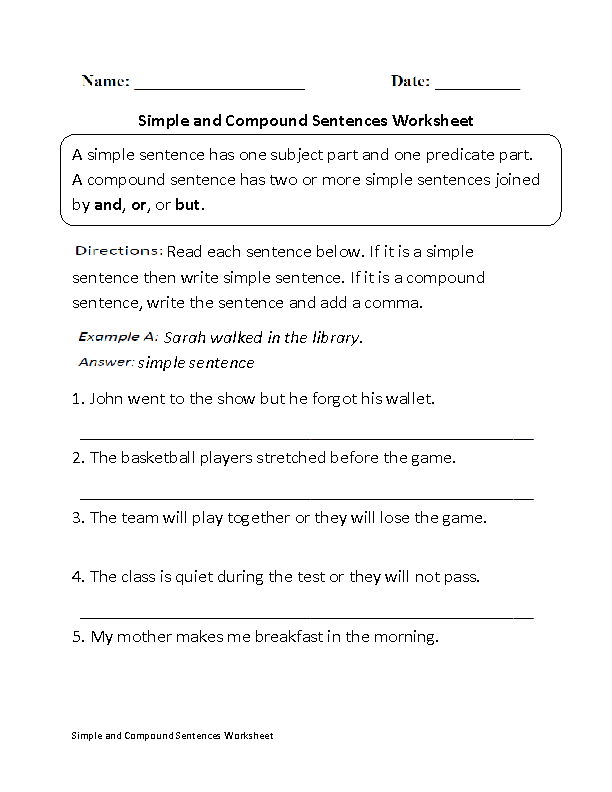
Remember!
1. Unions a, but are always preceded by a comma.
2. Union and requires special attention: connects homogeneous members - a comma is most often not put; used between parts of a complex sentence - a comma is usually needed.
Let's practice. Put commas
1) At night dog crept up to the dacha and lay down under the terrace.
The sentence is simple, since one stem, one subject and two predicates - the dog crept up and lay down. The union and connects homogeneous predicates, so a comma is not put.
2) The people were asleep, and the dog guarded them jealously.
The proposal is complex, since there are two bases - people were sleeping, the dog was guarding.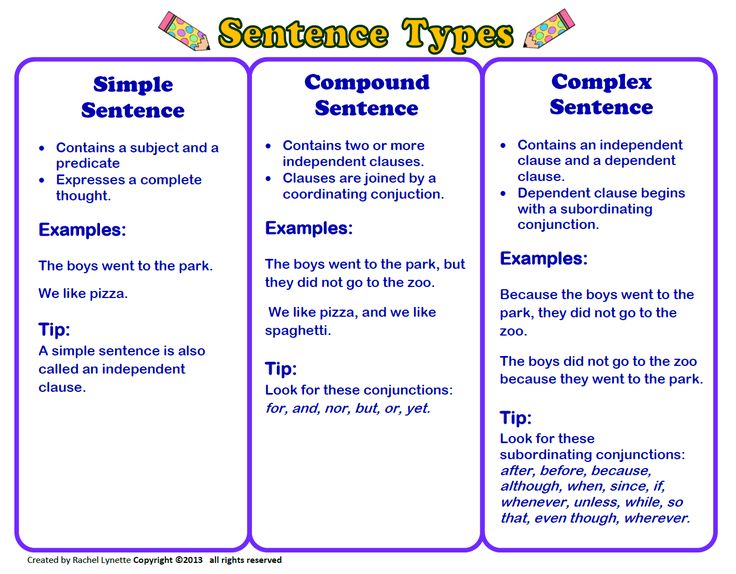 Union and connects parts of a complex sentence, so a comma is needed before the union.
Union and connects parts of a complex sentence, so a comma is needed before the union.
3) Pelican wandered around us, hissed, shouted, but did not give into hands.
The proposal is simple, since one stem, one subject and 4 predicates - the pelican wandered, hissed, shouted, did not give up. The union but is always preceded by a comma. We put commas between homogeneous predicates.
4) Spring shines in the sky, but the forest is still covered with snow in winter.
The proposal is complex, since there are two bases - spring is shining, the forest is covered. Before union but is always a comma.
What words usually begin a new part of a complex sentence?
Sentences that include the words what, to, therefore, because are most often complex.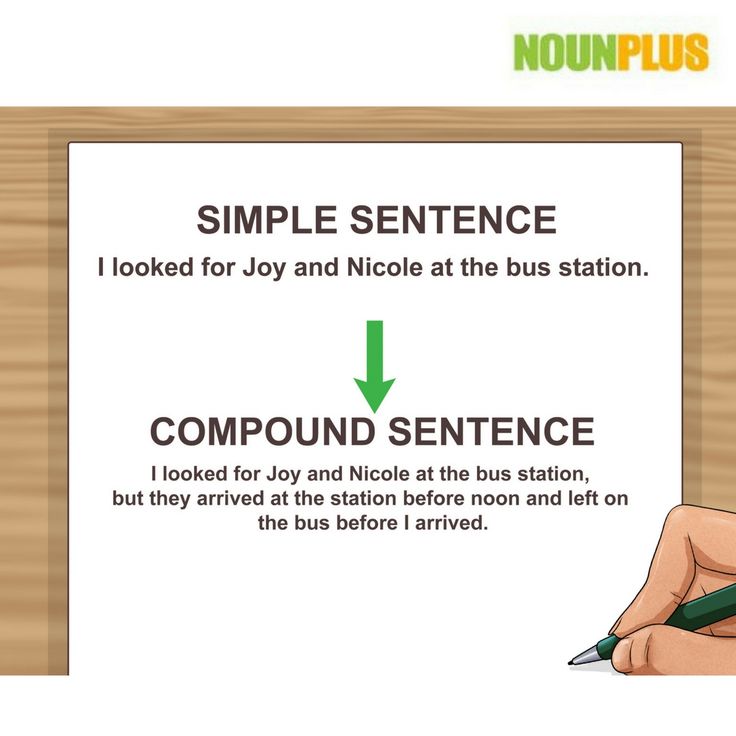 These words usually begin a new part of a complex sentence. In such cases, they are always preceded by a comma.
These words usually begin a new part of a complex sentence. In such cases, they are always preceded by a comma.
Let's give examples.
We saw, that the she-wolf climbed into the hole with the cubs.
This is a complex sentence, a comma is placed before the word that .
All night long winter knitted lace patterns, to dress up trees . (K. Paustovsky)
This is a complex sentence, a comma is placed before the word to .
Birds can communicate everything with their voice , so they sing.
This is a complex sentence, so is preceded by a comma before the word .
I love fairy tales, because in them good always triumphs over evil.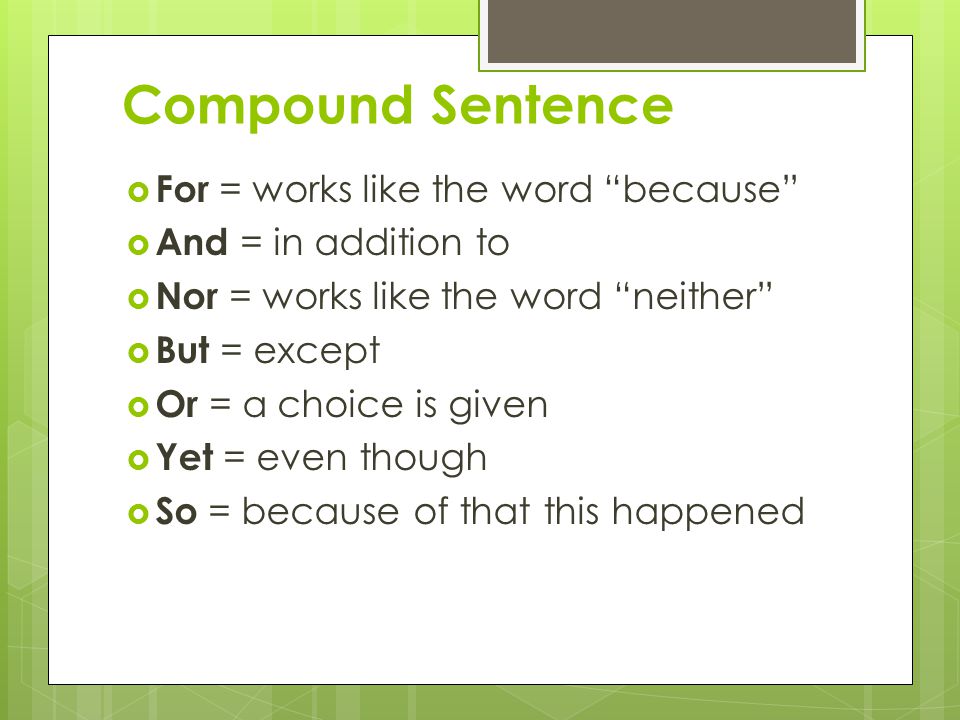
Learn more

